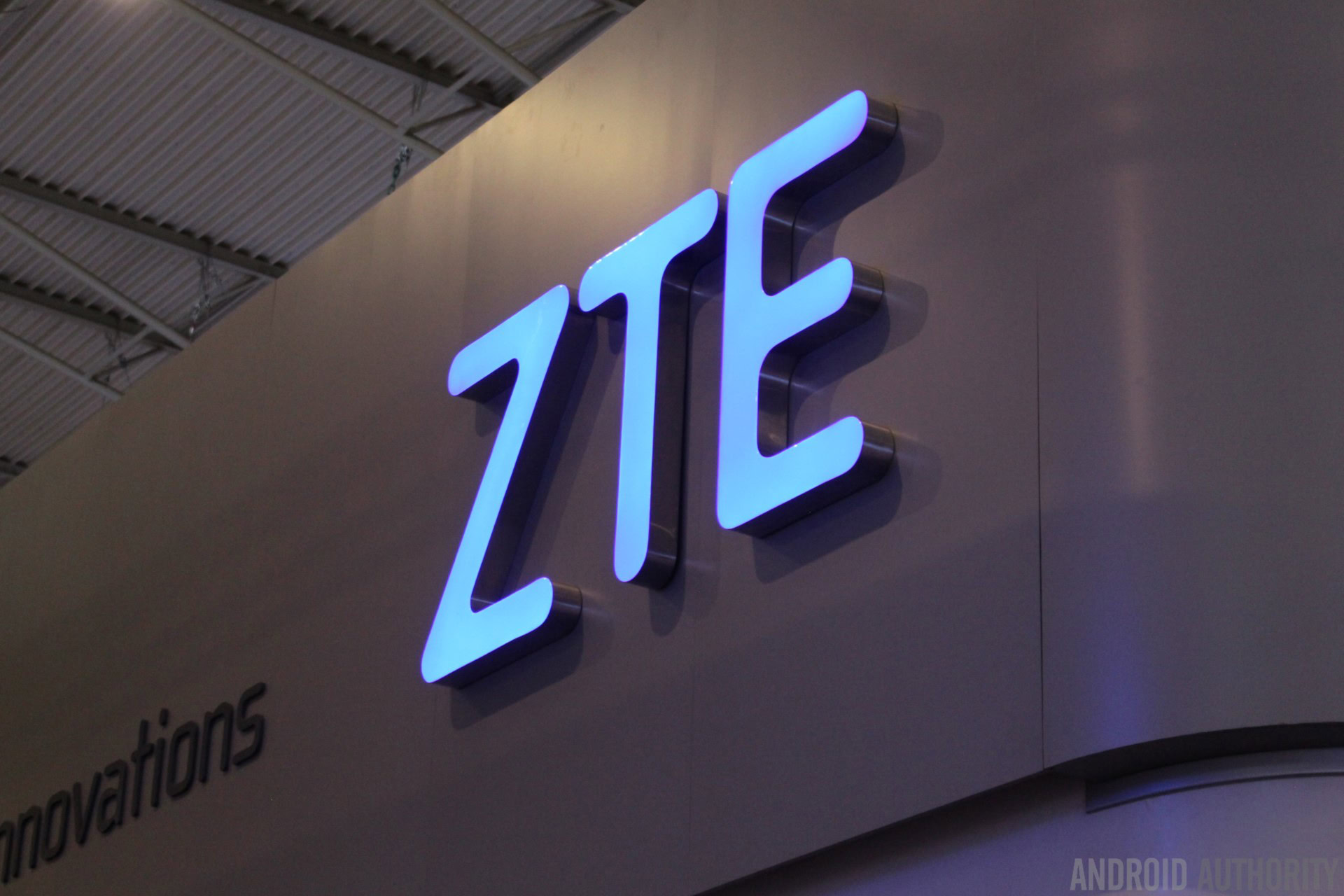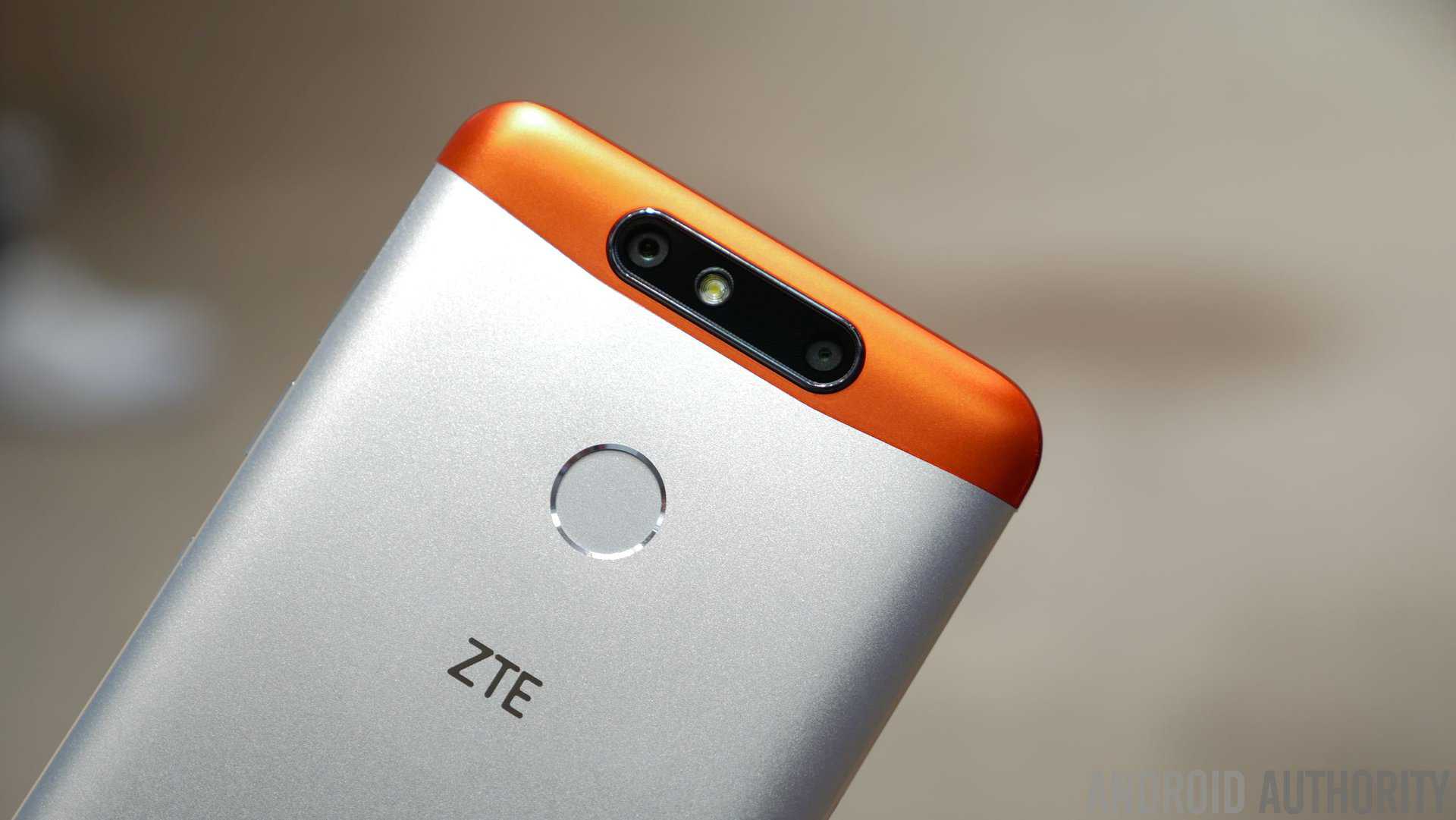Affiliate links on Android Authority may earn us a commission. Learn more.
ZTE to pay $1.19 billion over sales to Iran and North Korea
Published onMarch 7, 2017

If you weren’t particularly aware, the International Emergency Economic Powers Act currently restricts the shipment of US-made technology to countries like Iran and North Korea. Way back in 2012, Reuters reported that ZTE had signed a number of contracts agreeing to ship millions of dollars of hardware to an Iranian telecom carrier. When originally investigated, the company denied these claims, but now the investigation has finally come to a close, and has determined that the company was in fact doing this, particularly during the timeframe of January 2010 – January 2012.

The U.S. Commerce Department and U.S. Department of Treasury have now ordered the company to pay $892 million in settlements for both violating U.S. law and ‘making a material false statement’, in which ZTE has opted to plead guilty to and pay. In a recent statement, ZTE Chairman and Chief Executive Zhao Xianming admitted to wrongdoing and stated that he is committed to making a positive change in the company.
The investigation determined that the company has shipped $32 million worth of material to Iran without proper U.S. export licences since 2010, and also made 283 separate shipments to North Korea during this time. It found that shipped items included things such as microprocessors, routers, and servers, which are specifically regulated under U.S. law to prevent terrorism from countries on the list. The company will pay an additional $298 million for these North Korean shipments as well as other damages, adding up the the massive $1.19 billion bill.
In March of 2016, ZTE was placed on a list requiring U.S. suppliers to obtain a licence to work with, but U.S. officials say the company could be removed from this list if the company agrees to pay fines and lives up to agreements with the U.S. justice department.
What do you think about the settlement? Should ZTE be trusted to work with U.S. materials at this point? The apology seems a bit half-hearted considering the investigation began in 2012 and the company continued these practices until 2016.
Let us know.